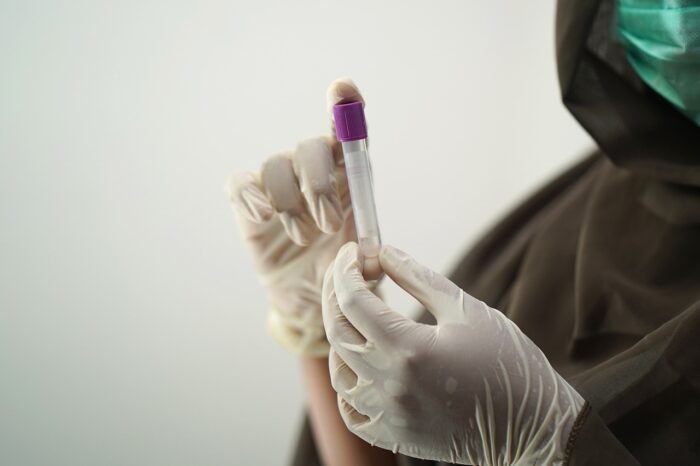How to Help a Kid Cope with Blood Draw?
Lots of people, both children and grownups, are afraid of blood draws and experience some level of fear or anxiety when it comes to blood draws or other medical procedures involving needles. According to a study published in the Journal of Clinical Nursing, up to 15% of patients undergoing blood tests suffer from needle phobia. This fear can be anything from mild anxiety to a severe phobia that can impact one’s daily life.

Another study published in the International Journal of Nursing Practice found that up to 20% of patients undergoing blood tests reported feeling anxious or nervous before the procedure. If your child also suffers from it, here are ways to help them cope with blood tests:
Prepare them
Explain the procedure in a simple and age-appropriate way, so that they have a clear understanding of what to expect.
Explain the importance
If your child is old enough, explain to them the importance of the blood draw. Use simple language and visual aids, such as pictures, books, or videos, to help your child understand what is happening and why. Address any questions or misconceptions they may have.
Blood collection is a common procedure that helps doctors understand their health. Emphasize that it’s important for their well-being.
Distract them
Encourage the child to focus on something else during the procedure, such as counting, breathing exercises, or singing a song. Some nurses keep asking the child about their favorite foods or sports they like during the whole process. This helps to distract the child from the unpleasant procedure.
Use a comfort item
Bring a favorite toy or blanket to the appointment – this will comfort your little one.
Use positive reinforcement
Praise your child for being brave and reward them with their favorite treat or some fun activity after the procedure.
Ask for support
Have a trusted family member or friend accompany your child during the procedure. Ideally, it should be someone who can make your kid laugh.
Apply numbing cream
For children with severe phobias, it’s a great idea to apply a numbing cream to the area before the procedure. It should reduce pain and discomfort.
If you yourself don’t have the fear of needles or any anxiety during medical tests, try to show understanding of your child’s fears and support them. Saying things like “it’s not a big deal;” “be a big boy”, or “I hate needles too, but we have to do it anyway” won’t help your kid overcome their fear. Instead of using such negative language, parents should show that they are supportive and that it’s ok to be nervous. Use phrases like:
- “I know it can be scary, but we’re here to support you.”
- “You’re so brave for facing this challenge.”
- “It’s okay to be nervous, but I’m here for you.”
- “Let’s try deep breathing and relaxation techniques, they will help you stay calm.”
With patience, empathy, and support, you can help your child overcome their fear.
